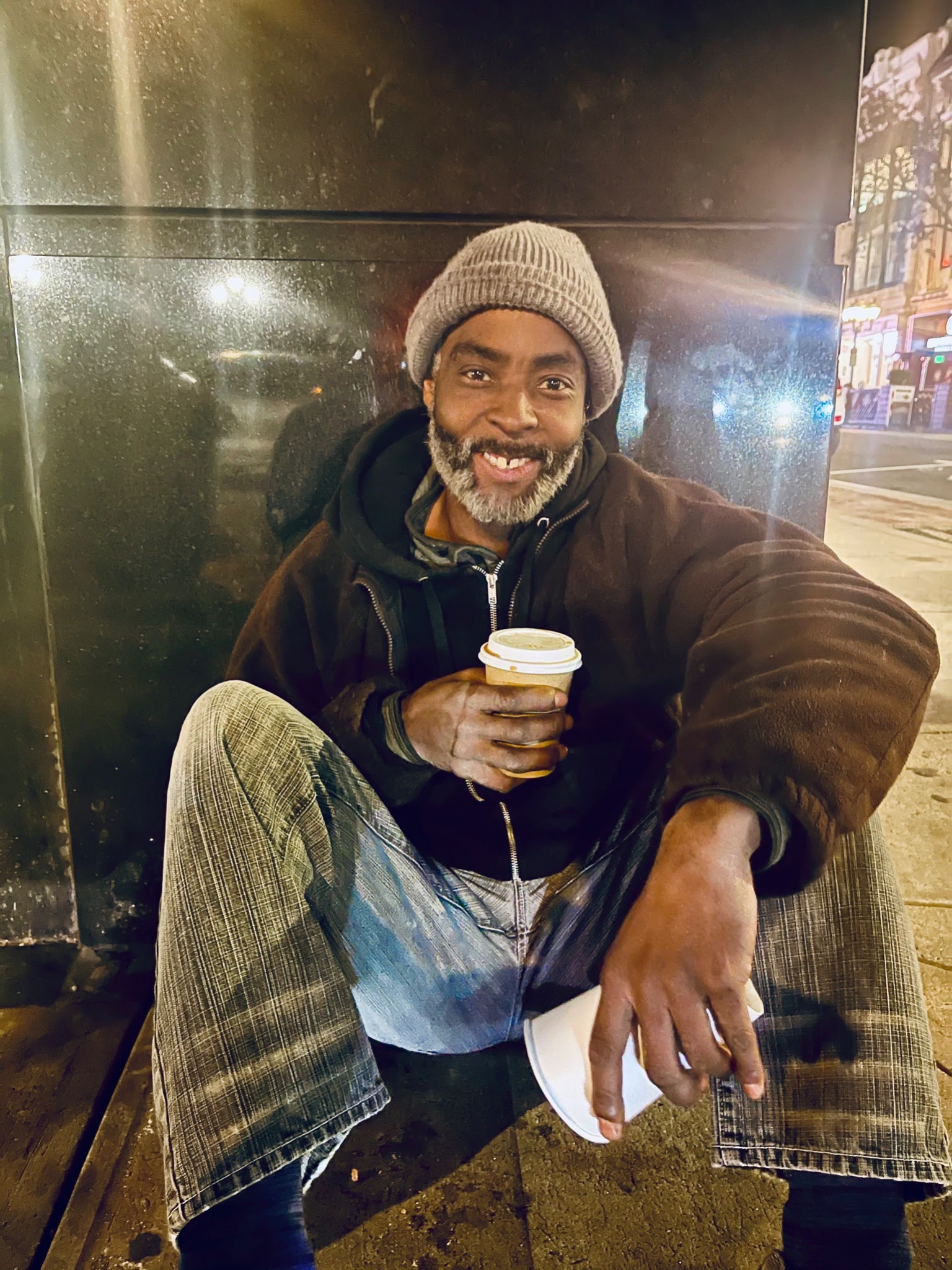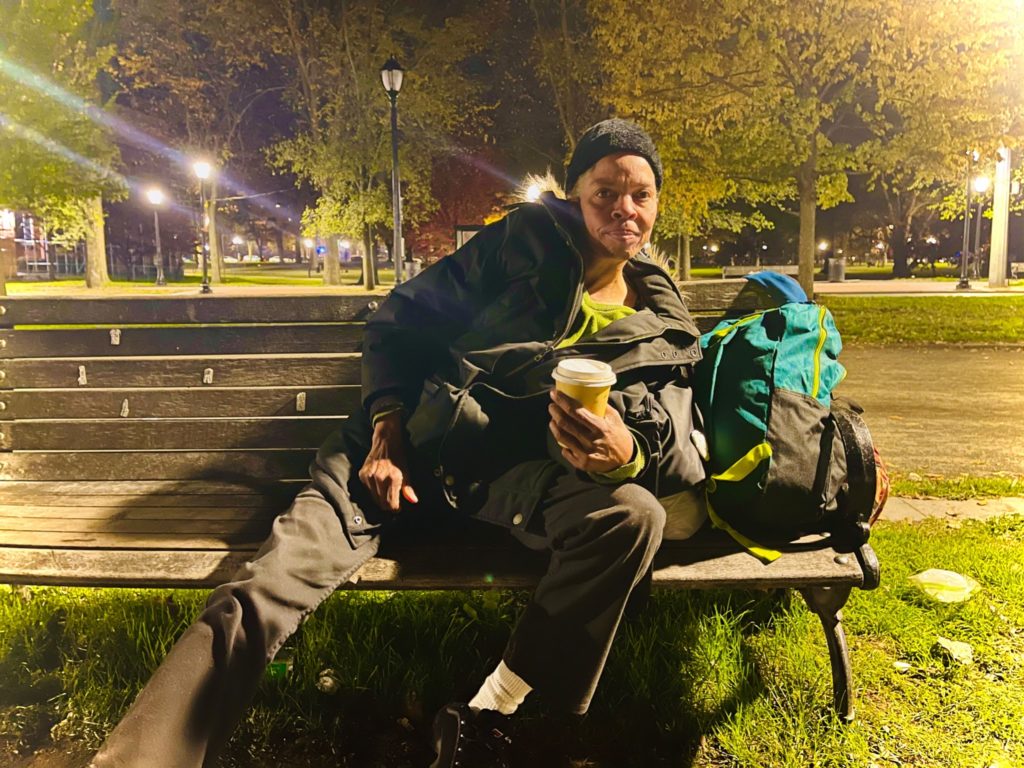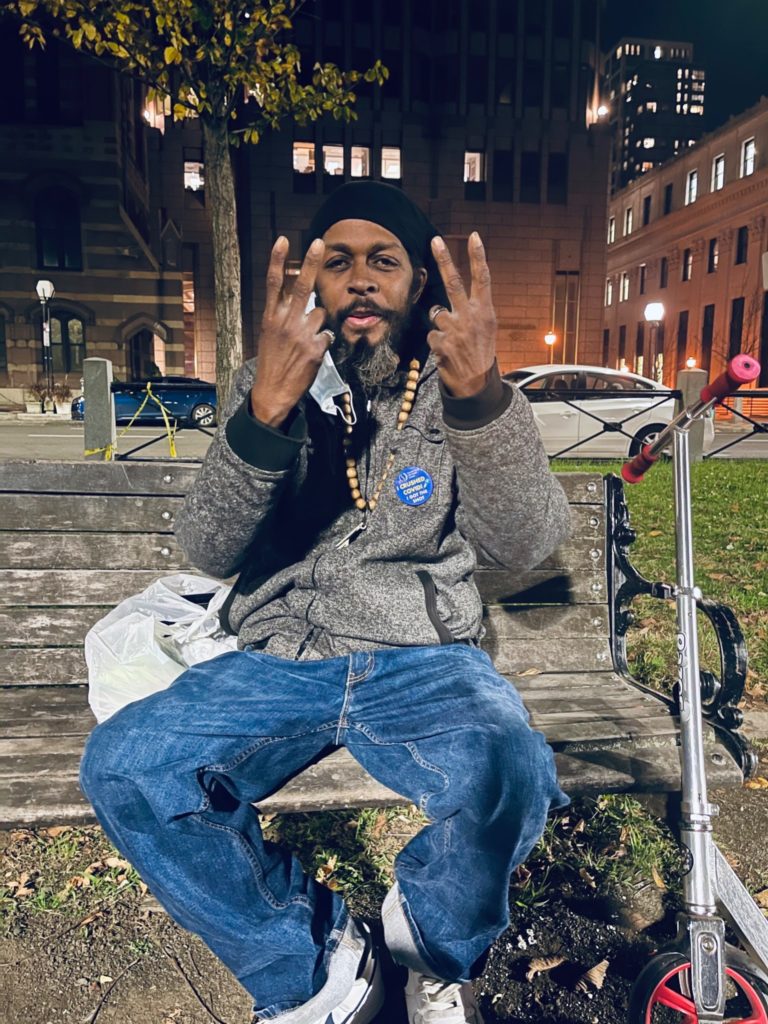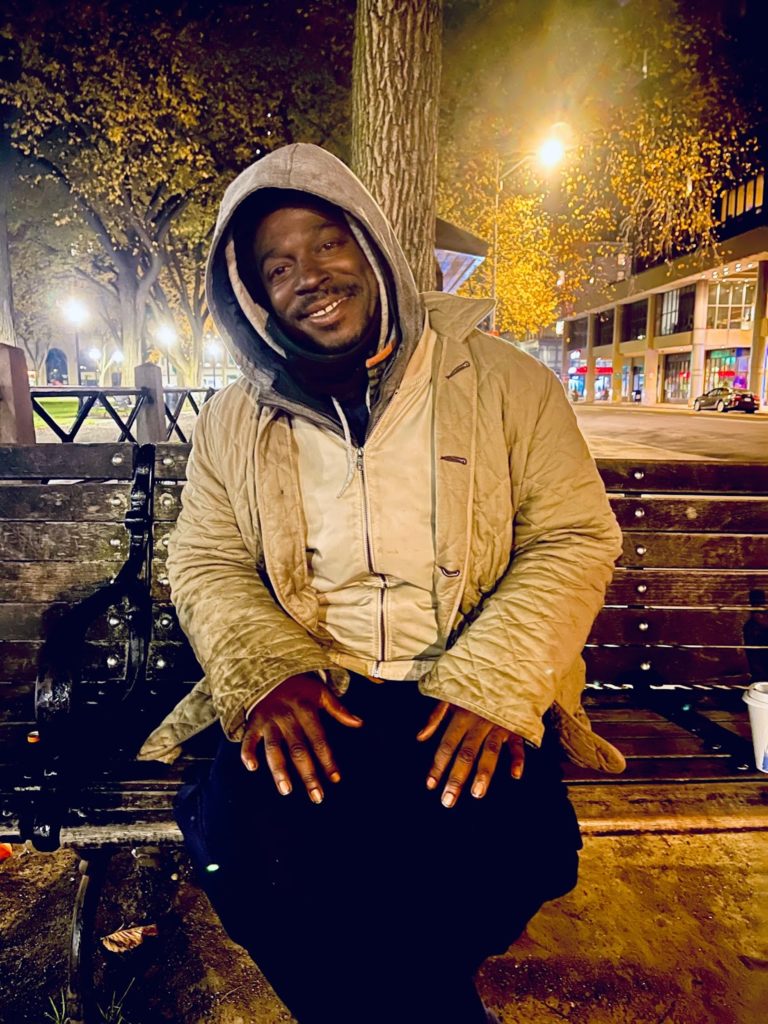
Brian Zhang
Going Home.
Sometimes, it’s as straightforward as diving into bed and pulling up our favorite Netflix show, as instinctive as tossing away our jackets the second we walk through the door. It is the cue that we can go ahead and unleash all our inner weirdness, that we can finally be unapologetically ourselves.
When Thanksgiving Break officially begins in a few hours, most of us will be able to do just that. For others, maybe campus is our Home for the next week or so. Maybe we have to wait until summertime to go back and maybe we have to pirate all nine episodes of Squid Game, but videocalls with our crazy little brother remind us that Home is still there, waiting for us.
Yet somewhere in this frenzy of planning, buying travel tickets and stuffing our bags, we forget about one last group of people. We forget about my people, to whom going Home meant always falling short of it, no matter how hard we tried or how close it was sitting before us.
Over the years, I found that feeling of falling short in my half-frozen smiles as I sat at the intersection between 8th Ave. and 52nd St., my wet fingers tracing happy faces outside icy shop windows. I found it in those times I circled Sunset Park on my scooter as the rest of New York fell asleep, watching as relatives, friends and strangers slowly pulled away. But above anything else, I found it in Mom’s colorless eyes as she tore herself apart for not doing enough, even after giving it her all.
Eighty-five miles and a three-hour ride on the MetroNorth away in New Haven, the word “Homeless” still means something more than it should. Addiction. Theft. Murder. Something to be criminalized before it ruins the “prestige” of our country, before states “destroy themselves,” as Trump said. To be Homeless is to make people check their backs every 15 seconds, to have labels that assume priority over whatever other identities we have. In shaggy clothes people somehow see hidden knives, embedded in my coarse eating habits a risk of contracting some contagious disease.
But I am not the exception who managed to wiggle my way out of this system. I am nowhere near as strong as my Brothers and Sisters, Mothers and Fathers, Family and Friends — people who remain hungry, freezing, bleeding, raped in the unforgiving streets we walk on every day as we leave for the comfort of our dorms. But their stories, they never went away. They are here, hidden beneath New Haven snow and pieces of cardboard — ready to be unearthed:
——————————————————————————————————————-
There is nothing that makes 48-year-old Mike Jones smile more than the sight of his two kids playing videogames. It is enough to keep him out on the streets until however late every night, until he gets enough money to cook them “something good.”
After years of Homelessness, Jones and his partner recently managed to find a small apartment, but his neurocognitive disorder continues to make finding work a challenge. Paranoia, stuttering and memory loss are not well-received by the public, he said. Disability, compounded by the colder weather and a prevailing stigma that all Homeless people are alcoholics or drug addicts, turns the streets into an unpredictable reality that is difficult to “adapt” to. For Jones, who also lived briefly in Brooklyn, New York and Chicago, these labels stick with him no matter where he moves, barring him from fresh beginnings.
“You say, ‘hey how you’re doing’ and they walk past you like you’re nothing, and it hurts,” Jones said. He emphasized that past mistakes do not define a person, that the last thing that the Homeless need is to have their self-esteem further chipped away.
Nonetheless, he considers himself among the luckier of New Haven’s Homeless residents because of his family’s support, pointing to his partner waiting further down Chapel St.
Some people on the streets do not have their family as a net to fall back upon, he said, making it that much harder to be put down and take judgment from others.
As a father, boyfriend and provider, he said that he must overcome any feelings of shame and embarrassment attached to asking for help by stepping out of his comfort zone. “I’m shy … [and] I’m sitting out here looking crazy … holding a cup,” he said. “But I’m a man.”
Every person who cares, every person who goes up to him, who says “listen, man” and “encourage[s] [him],” makes this arduous journey a little easier to achieve, he said. For this reason, Jones said that he will always keep his faith and prayer as he continues moving forward, doing anything he can for his loved ones.
——————————————————————————————————————-

When I first saw Tracy Randolph, 55, a man had his arms all over her face, trying to force her to kiss him. Her expression was blank, and there was no struggle — no color. For Randolph and many other Homeless women, these instances of sexual assault are a living, breathing nightmare on replay. Randolph said that she expects to be “attacked” every day.
“But I’m an advocate,” she said, claiming that Homelessness has only pushed her to think beyond her own needs. Since moving from 125th St. in Harlem, New York, she has taken care of her nephew, who is also on the streets, and made frequent visits to local New Haven offices, demanding public assistance for herself and her friends living at the Green.
Unfortunately, not only did Randolph find many of the conversations fruitless, but the city seems to have done the exact opposite by divesting more resources away from the Homeless into other projects, she said. She pointed to the lights recently put up on a number of public buildings across the street, saying that the money could have been used to install street lights at the Green and give the Homeless some sense of security in otherwise pitch darkness.
It’s the things that everyday people don’t think about — what we take for granted, whether it’s big or small. To the rest of the city, for example, that towering Christmas tree at the center of the Green is a beloved holiday landmark — a “good cause [that] … a lot of people will appreciate” — but to the Homeless, it takes up space that could be used for sleeping, according to Randolph.
“Y’all come here and y’all got somewhere to stay … [but] ain’t nobody doing nothing,” she said. “Take care of us. Take care of your Home that’s here.”
She asks that the students who come here for school, the people who walk past her on their way to work, treat the Homeless as members of the same community, give back to New Haven as much as we have taken away from the city.
Before I left, she proudly showed me her collection of backpacks, including a new one that she just found and another she wanted to give me. The way she described the colorful designs, the flower and pepperoni pizza prints — that smile, I saw a slice of happy return in her. It was still cold outside, and the ground beneath our bums was still only dirt. But somehow, sitting here with a woman I met less than half an hour ago talking about colors, isolated from the rest of the world, I felt so remarkably safe, warm, hopeful, happy and belonged. So full of color.
“Keep a level head and stay with your heart,” she told me. “Don’t worry. I’ll always look out for you.”
——————————————————————————————————————-
The next interviewee wishes to keep his full name and age anonymous because he has family members who are not aware that he is Homeless. Donovan is his first name.
Friends collapsing before you. Children, laughing and chasing each other just a few minutes ago, now lay indistinguishable from the debris they were playing in. These are flashbacks that Donovan has to relive every night. They are the side of serving in the U.S. Navy that the rest of us don’t know about, because where we see a sky of fireflies is a sky that continues to rain exploding bombs on Donovan and thousands others, years after the war is over.
Immediately upon returning from service, he received notice that he was evicted. The country needs to take better care of its veterans, he said, not only for their service but also because of all the mental challenges they have to confront.
There is a double-standard for these challenges. Tweet after tweet and through countless fan letters, we express sympathy for celebrities whenever they announce that they are going through something, but mental health within the Homeless and impoverished communities is somehow viewed as a separate issue, according to Donovan. Post-stress traumatic disorder is a real problem that the public continues to overlook, he said, and it makes keeping a job and living on the streets more difficult than they already are.
“Most of the time, it’s just the innocent [that] get hurt,” he said.
Surface attempts to help the Homeless should not be normalized, Donovan said as he pointed to the unheated and stale-tasting “hot dinner” he just got from a local kitchen.
Nonetheless, Donovan emphasized that he is happy and grateful to have served his country in the Navy, remaining optimistic that he will one day be reunited with his three children.
——————————————————————————————————————-

For 51-year-old Victor Hyman, navigating the streets of New Haven starts with saying “hi” and trying to socialize with others. It’s all about being creative, he said, as we left the Downtown Evening Soup Kitchen with some chicken and a bag of veggie chips.
This idea of “networking” was an unfamiliar one when he was growing up. Going from “one [housing] project to another,” there was violence and classism where opportunities should have been, an issue he said could have been resolved if only people had talked things out rather than letting their feelings take control over their lives.
He explained that being Homeless should not mean falling short of a community, that oftentimes, this community is right here in front of us, made up of people in the same situation. Born out of this collective struggling is a drive within the Homeless population to ensure that everyone is taken care of, with people alerting one another of open food pantries, shelters and local giveaways.
“Don’t be ashamed of asking,” Hyman said. “You gotta adapt to survive.”
Reaching out for help is a two-way street, however. The Homeless should one day pay forward what is given to them, and passersby must learn to not take their privilege for granted, to always remember where they “come from,” he said.
To Hyman, having money and power does not make a person “something else” from the crowd — there was a point in time when we all found ourselves in less-than-ideal situations, and he encourages us to look back on these personal histories and challenges when trying to understand others. He emphasized that people who want to change deserve second chances, because change, whether it is grappling with addiction, Homelessness or abuse, should never be a battle fought alone.
Hyman hopes to keep his next steps simple. “My plan for the future is to live life and learn, and analyze the things I did … and the things I want to do,” he said, packing up his bags as he leaves for the train to Stamford.
——————————————————————————————————————-

This is the eighth year that Spencer Shaw, 38, will be living on the streets, but two things never change: New Haven’s bitterly cold winters and his dream of one day publishing his own book.
His motto for conquering both is to keep holding on just a little more. After losing his mother at a young age “rocked his foundation” and nearly caused alcohol to take over his life, he decided to take things one day at a time, turning to his friends for support and learning not to resent the case manager who neglected to help him.
Still, the stigma that Homeless people are unapproachable makes keeping his head up difficult at times. Shaw described current public treatment toward the Homeless community as having a foot on his neck and having all sense of trust being compromised.
But to Shaw, the experiences he endured while Homeless are ones he would never give up, he said, because they revived in him a strength — a commitment to others — that he forgot existed. They are the reason why he would always “give away his last dollar” even if he didn’t have anything else, the reason why he decided to wrap a freezing man on the streets with some of his own blankets, even as he “lost feeling of [his] own fingertips.”
He remembers one particular blizzard when he supported another Homeless friend who was about to give up. They were able to stay safe by stuffing blankets with feet and hand warmers, but Shaw said that the most important part was teaching that friend to not lose himself.
Shaw is hopeful that his journey will “blaze a trail” for other Homeless people to treat their pain as learning curves, to continue staying strong.
“It’s not hard to be good to people. Come outside with a smile. Take time to smell the flowers,” he said. “Flowers smell good.”
——————————————————————————————————————-
Color is a beautiful whore. He sleeps with everyone but the Homeless, leaving us alone in an awkward shade of gray as we watch the world around us savor all the reds, blues and yellows.
Today, I’m at Yale, and I live in an apartment with 14 floormates. Thanks to QuestBridge and The New York Times, I no longer have to worry about finding food or having somewhere to stay, but there’s a part of me that never stopped looking back. I still eat pasta with my hands, and I still walk into class in my worn sandals. Not because I don’t have other options, but because I choose not to move on. I refuse to forget New York, because the only thing that hurts more than half-frozen smiles is having them go away and reappear on the faces of people who don’t deserve them. I refuse to forget New York, not when students are debating whether to steal chocolate bars from the Bow Wow as mothers and children lay starving on the streets. Not when the rest of the world pretends that my people don’t exist.
All bubbles have to pop at some point, even if it’s the size of 14 residential colleges or the reputation of being in “the whiter part of town.” It doesn’t matter if we are students or city residents: this idea that a label somehow puts us ahead of the game or makes us more than — it does not exist. Maybe it’s just too scary to accept that a social brand cannot protect us from slipping, from one day finding ourselves on the streets, too.
All Yale does, all privilege can do, is put us in a better position to serve the world more than it serves us, to turn them into one of us. New Haven isn’t ours to carve up and draw up more divisions, but a picture that needs coloring in between all those lines. If local business owners can remember our favorite orders, if subway singers can momentarily make us forget about that awful bio test and if underpaid workers can pick up litter to keep schools clean for our children, we can love everyone back, especially the Homeless. We can remember the stories of those who got swept under a carpet painted to look like the American flag. And we can make journalism something that belongs to everyone, not just to globally renowned artists winning their third Pulitzer.
The truth is, we’re all so good at this. We’re so good at caretaking. We all get that fuzzy feeling from doing it, even if we’re too shy to admit so. I will never forget how people still sat next to the only kid who wore sandals to the convocation. Or the way that the Green flooded with Powwow music and the smell of burning white sage on Indigenous People’s Day. The way that that math groupchat is somehow still alive with memes at four a.m., when the numbers on our problem set start looking like dancing dwarves. The hard part is reminding ourselves that everyone is deserving of our care, even if they can’t pay us back. Our relationship with the community should not be a transactional one, but one where the only expectation is that it lasts forever.
Looking back, I was wrong. Home does not mean always falling short of it, even if we are Homeless. Just because we fell short today, yesterday and all the days before then, it doesn’t mean that we won’t ever find it tomorrow, whether in our beds watching Squid Game or in the people around us who make life worth living and trying for.
To Yale, to New Haven and to the world, let’s take each other somewhere. That feeling with so much color — it awaits us.







